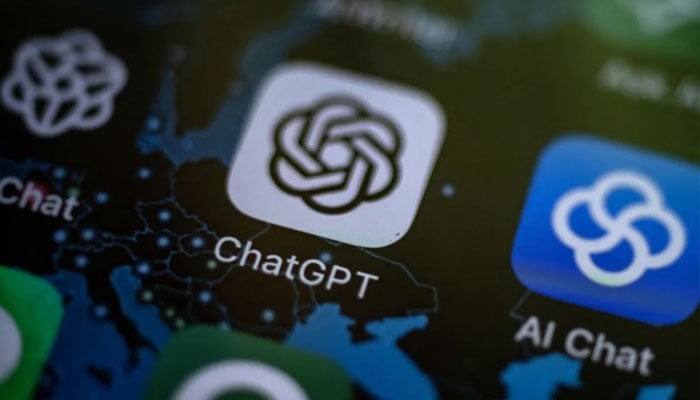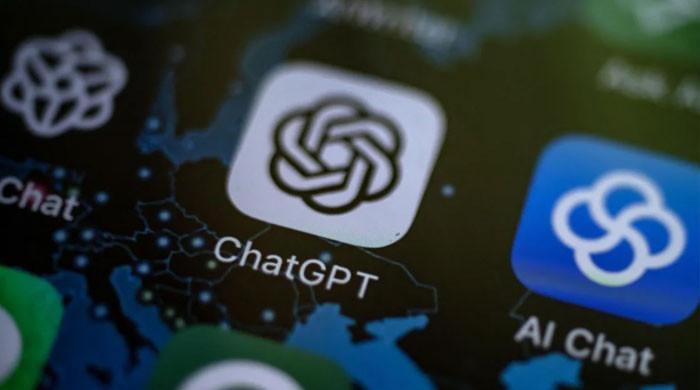[ad_1]
Roughly 60% to 70% of scholars have interaction in dishonest, a share in line with earlier years

Regardless of preliminary issues that the introduction of ChatGPT would possibly result in elevated dishonest in excessive colleges, a latest Stanford examine reveals that dishonest charges amongst highschool college students have remained statistically unchanged and even barely decreased.
The examine, performed by an nameless survey at 40 US excessive colleges, discovered that roughly 60% to 70% of scholars have interaction in dishonest behaviour, a share in line with earlier years.
Victor Lee, Stanford’s school lead for AI and training, emphasised that whereas there are remoted instances of AI getting used for dishonest, the general proof suggests a minimal affect on excessive schoolers.
The examine additionally highlighted that solely 19% of teenagers aged 13 to 17 have used ChatGPT for schoolwork, indicating comparatively low adoption amongst this demographic.
College students expressed various opinions on ChatGPT’s use, with many advocating for its allowance in producing ideas or concepts for assignments however objecting to its use in writing papers.
Causes cited for pupil dishonest included problem greedy topic materials, time constraints, and efficiency stress.
The examine encourages educators to contain pupil voices in discussions about AI, recognising their insights and considerate views on the evolving function of AI in training.
The researchers acknowledged that attitudes towards AI and its use in training might shift over time, relying on how colleges select to method AI as a subject and power.
The examine additionally highlighted the evolving panorama, with some colleges now encouraging and educating college students the right way to successfully use AI instruments, reminiscent of ChatGPT, to reinforce studying experiences.


